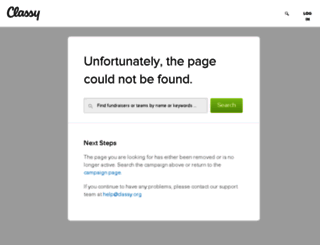KQED | News, Radio, Podcasts, TV | Public Media for Northern California
Page Load Speed
7.9 sec in total
First Response
172 ms
Resources Loaded
7.5 sec
Page Rendered
198 ms

About Website
Visit giving.kqed.org now to see the best up-to-date Giving KQED content for United States and also check out these interesting facts you probably never knew about giving.kqed.org
KQED provides public radio, television, and independent reporting on issues that matter to the Bay Area. We’re the NPR and PBS member station for Northern California.
Visit giving.kqed.orgKey Findings
We analyzed Giving.kqed.org page load time and found that the first response time was 172 ms and then it took 7.7 sec to load all DOM resources and completely render a web page. This is a poor result, as 85% of websites can load faster.